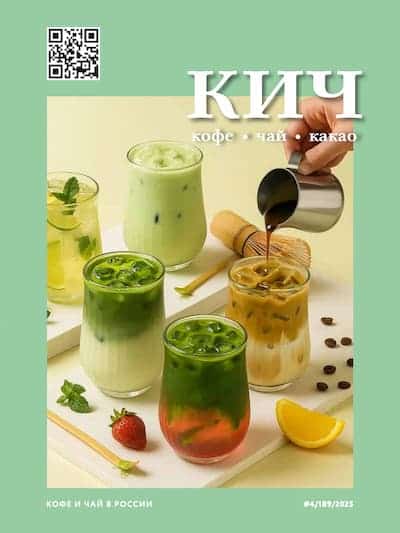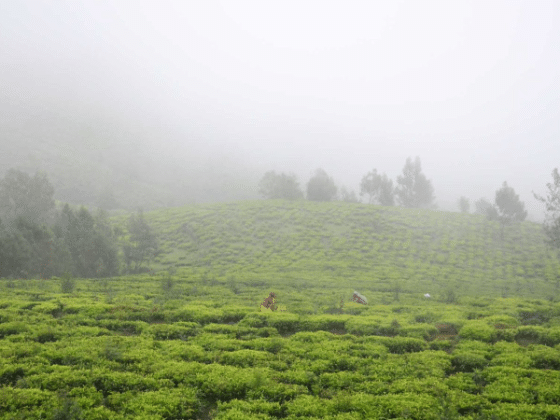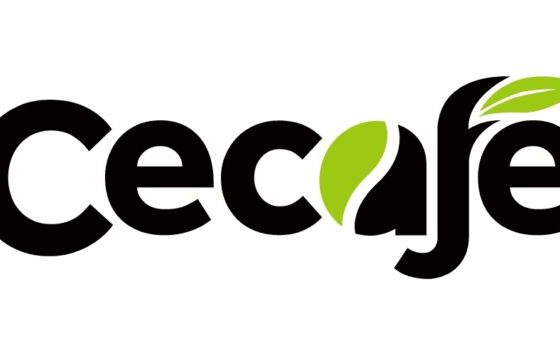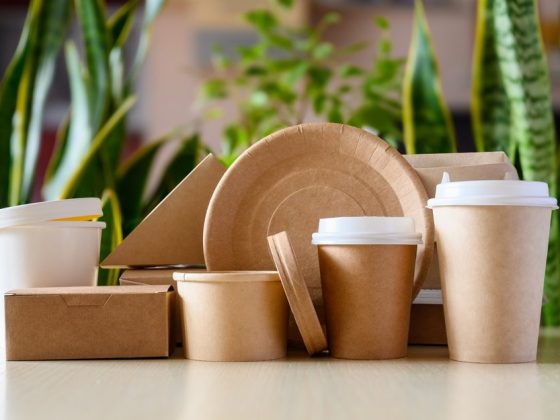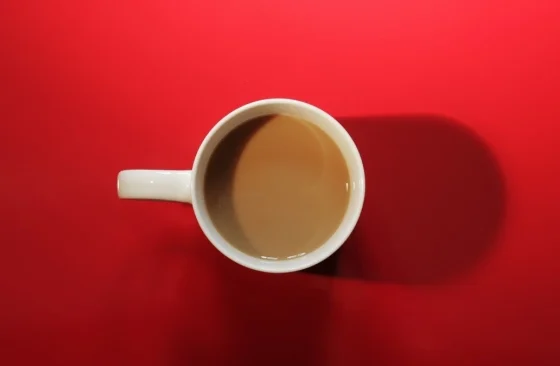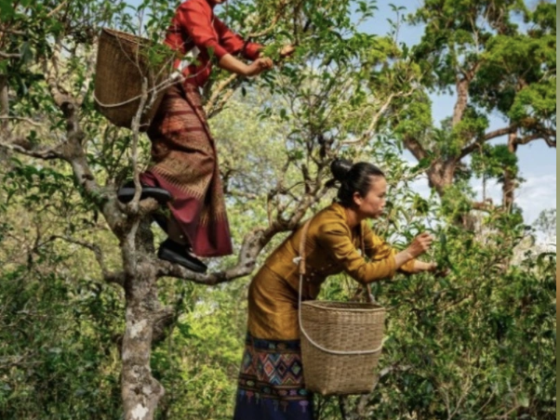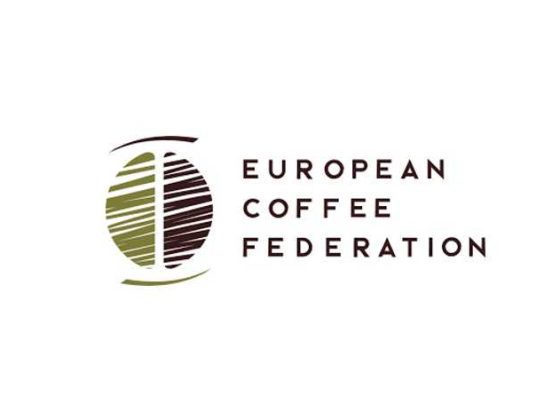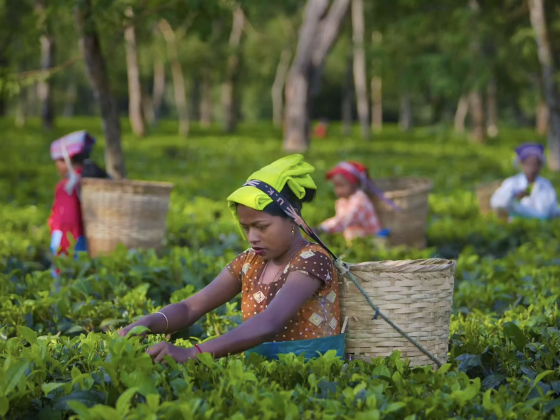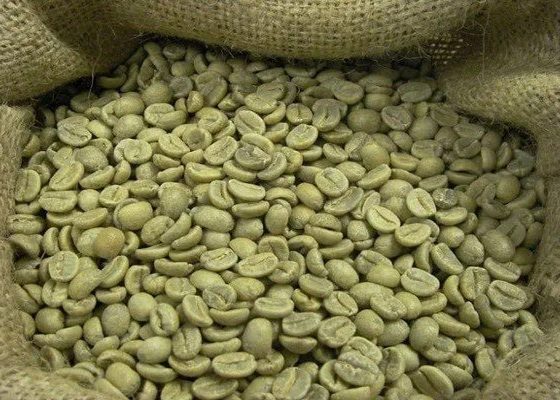Agnieszka Rojewska from Poland has become the first woman ever to win the World Barista Championship (WBC). Previously she has tried twice but both times couldn’t even make it to top 30. Giving up? To soon. As a barista trainer the first WBC winner in Polish history is now booked till November around the world. Life has got even more crazy, she admits.
How has she made it and what’s coming next? Coffee & Tea in Russia couldn’t wait to find it out.
What is it like to be the first female winner of WBC?
Memories are still very fresh. No matter who the winner is – female or male — it is unbelievable. I’m just aware of the fact that beside all happiness there is a lot of responsibility for the first female winner. I didn’t expect it to happen though, even to be in the finals. So for now I just try to enjoy and to realize it. And see what the future holds.
From the very start of WBC in 2000 only men have won it. Why?
Men love to compete. They are going in for all kinds of sport. They always tend to prove that they are the best, It’s in their character. And women are more like: “Let the boys play, we will take care of important stuff”. A lot of women have different priorities in their life — family and home. So less females are actually competing. This year there were less than 10 of them participating. And I hope this trend is going to change soon.
As for me I have a competitive mind. I have been going in for sports since childhood. If I set a goal — I achieve it, sooner or later. I hope that I managed to prove that on the backstage we are equal. Nobody treats female worse or better. Competition is the same for everybody.
How strong is the gender feature in the coffee industry in general? Is it harder for women to make their way through in coffee business?
I have read a lot about it and I know that this problem really exists. Though in Poland we don’t face it too often.
That’s how I explain it to myself. Historically coffee industry used to be a men’s world. Farmers were mostly men and women were mostly picking up coffee. While men were taking care of big business and making decisions between each other. Men used to trust men more than women. At some point we are starting to break it. There are much more female producers and roasters. And we are getting attention in the world, especially in competitions. So I guess this door opens more and more widely for us. There just have to be more of us and we have to be louder. So men notice it and start to appreciate our professionalism.
Why was your victory unexpected for you?
Before Amsterdam 2018 (WBC took place there – C&T) I competed In WBC twice – in 2015 in Seattle and in 2016 in Dublin. And twice I was 34th. Pretty bad. What I really wanted this time was to be at least 33rd. And furthermore — Polish competitor has never succeeded to be higher than 10th. WBC is a very hard competition. I was starting to think that maybe it was out of my reach. After Dublin I was crushed. So I took one year to get myself together.
What lessons have you learnt during your previous performances? What was your biggest mistake?
During my first WBC in Seattle I made some technical mistakes. Lesson learnt – you have to train as much as possible. Second time in Dublin I kind of lost myself. Though I was in a better shape and coffee was great, what I was sharing on stage wasn’t 100% me. Judges felt it. Be yourself, get great coffee and train a lot – these are the key things to do.
I started to train more. For two months I’ve been working hard getting prepared for the competition and still thought it was not enough. This time I finally got it: routine makes sense. It is something I truly believe now
How much money did you have to spend on preparations for WBC? Who helped you?
I know that some competitors spend thousands of dollars. Coffee and different facilities are very expensive. But you don’t have to pay for all that by yourself. There are always companies which are open to support you and provide with stuff.
I was lucky enough to be supported by Ona Coffee Distributor. I got connected with them after Brewers’ Cup in Poland and have won National Championship with their coffee. Then they decided to support me on WBC as an independent competitor. The company provided me with amazing Ethiopian coffee and introduced me to my coach (NAME). He invited me to Australia to train with him in person. I was happy to accept the invitation.
So my biggest investment was the time I spent on preparation. I could have spent it on earning money somewhere else…Also I paid for my trip to Amsterdam.
What were you doing specifically during those trainings with your coach?
We worked a lot on my signature beverage. We wanted to build a very solid skeleton, good structure. My coach kept me focused and disciplined all the time. Every day we shot a video of my routine so I could see my mistakes and improve it. We had to figure out what I wanted to say by my performance. Coach was asking me a lot of questions to provoke the right ideas.
What was the message of your performance?
First of all, I didn’t have time and opportunity to have a deep research and invent something new to share it on WBC. To do that you need to work with universities, practicing techniques like freezing coffee to get different flavors and so on. So I decided to have a general look at our industry. As baristas we have good knowledge about coffee and we can brew the best cup of coffee. But if we give it to customers not sharing this knowledge with them in an approachable way, coffee won’t be that good for them.
My message was that the future of specialty coffee isn’t only about being super scientific and complicated, but it is about giving our customers the kind of service which could make them understand why this coffee is great. So I wanted specialty coffee to get closer to everyday customer. My message was pretty well understood by the judges and by the audience.
But my performance wouldn’t work without great coffee. I was not only capable of sharing my message but to actually show my idea of approachable customer service on stage.
You are a very titled professional. Why do you participate in competitions? Is it about excitement, sport or do you see it as a way of proving your level of professionalism?
I don’t think it proves my professionalism. I am a barista trainer doing a lot of basic trainings every year. But sometimes I find myself at a point where I don’t know what other baristas are talking about. Competition pushes me to develop and learn new things, to do research.
Secondly, I am an introvert, so I don’t like to be on stage in a spotlight. It is difficult for me to get out of my comfort zone. Competition forces me to do that, to develop my personality and become more open to other people. The main goal is not always to win, but to learn something.
You travel a lot. What is different about Polish coffee market comparing to other countries?
Our coffee community is quite small. We are very young. We don’t have our own coffee culture. We are still looking for the kind of coffee we would like. We borrow ideas from Germany, Scandinavians, Australia and America. We are jumping from very acidic coffee to very bitter coffee, from drip coffee to espresso. The more coffee shops and roasteries we open the faster we will find the answer what is actually Polish coffee culture. If more people drink specialty coffee we will grow as an industry.
WBC 2018 drew attention to Polish coffee market, so I hope it will help to develop the industry there. With the help of that we could get more knowledge, more good coffee and people would actually trust us and help us grow as an industry in Europe.
How many cups of coffee a day do you personally drink?
From 15 to 20 cups a day – latte, macchiato, espresso, whatever. And I sleep very well. Caffeine doesn’t work for me anymore. But there days when I don’t drink coffee at all and it’s fine. I don’t have this coffee problem, I drink it because I like it.
What are your future plans? How could your victory help you to make them come true?
My life has already been chaotic, now it’s getting even more crazy. I was already travelling a lot to do trainings for people. And after WBC I’m getting tons of offers for work and travel. I’m booked till November.
I have a global dream – to open a special training center with lots of different activities. A place where I could teach everyone, not only baristas. It could be something like a summer camp where people could stay in a small hotel and be able to come back every year. There we could roast and drink coffee, discuss things and just have fun.
I’m also thinking of opening my own coffee shop. I used to have one, but a couple of years ago I sold my shares to a business partner because travelling with trainings occupied most of my time.
Maybe I will try again. It would be great to make my own coffee. This year my coffee career turns 10 years old. I started to work as a barista when I was 20. WBC has become the turning point for me. I am choosing a path now. Still I really enjoy being a freelancer. It gives me freedom to do whatever I want whenever I want.
Source: https://coffeetea.ru/en/news/news-single/item/16850/
